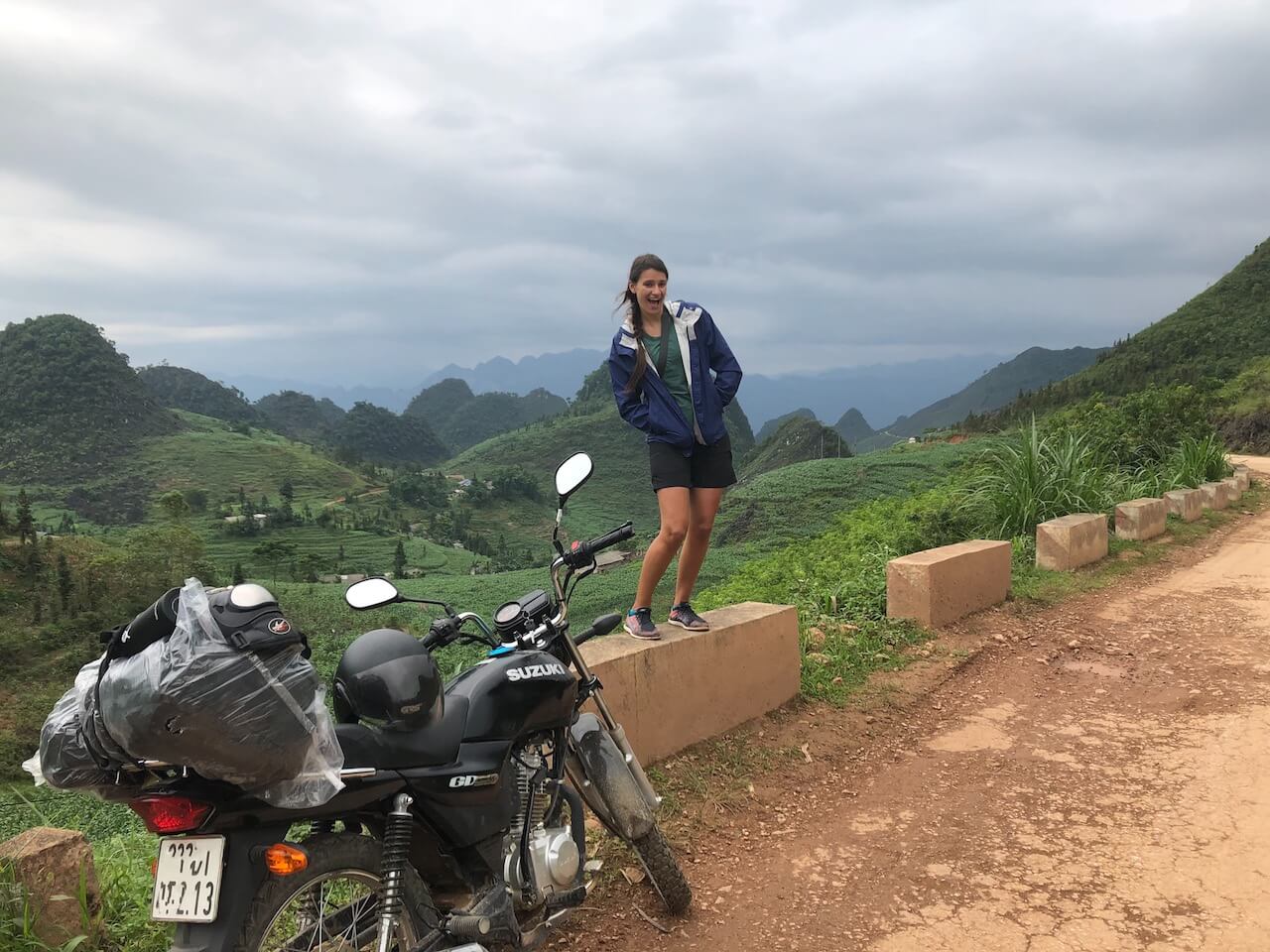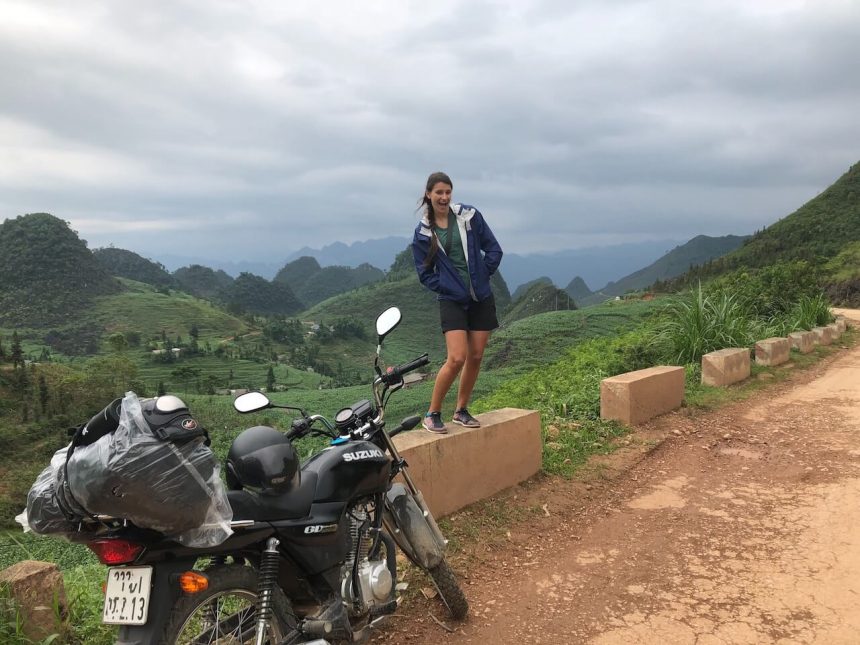The convenience of travel in Vietnam

There are countless factors that make travel in Vietnam more convenient than many of its ASEAN neighbors and beyond. I’ve tried to condense these down to a list of 10.
Since travel restrictions were lifted post-pandemic, I’ve visited places such as Borneo, western Malaysia, Laos and India. One thought keeps entering my mind: why aren’t things as straightforward as they are in Vietnam?
Inarguably, Vietnam has it complications at times. The traffic can instigate road rage in the calmest of individuals, and compromises to one’s safety are not limited to when you’re sitting on a motorbike.
But there are at least 10 reasons why travel in Vietnam is easy, and one of the best trip.
1. The weak currency
You cannot discuss travel without talking about money. An inescapable fact that makes Vietnam one of the easiest places to travel in the world is its currency. Vietnam dong is one of the weakest in the world, with the price of one U.S. dollar often converting to around VND23,000.
Usually you have to be cautious with your spending when traveling. It’s easy to be afraid of checking the converted price of food alongside one too many drinks at lunch. But in Vietnam, tourists are pleasantly surprised when they check their phone for the conversion rate of a bowl of noodles and discover that price would have been tenfold for an equivalent dish in their home country.
2. The kindness of Vietnamese people
Thailand might be considered the ‘Land of Smiles,’ but Vietnam can match its ASEAN neighbor in terms of incredible hospitality and welcoming nature. Countless travelers to Vietnam have been astounded by the lengths local people will go to help them when in need. Whether it’s a flat tire, needing accommodation, or a simple smile to brighten up the day, Vietnamese people will regularly astonish me with how accommodating they can be. The extent of their hospitality is so great that at times I have refused offers of help, or not voiced a concern, due to the worry of putting someone out too much. Ultimately, no problem a visitor encounters here is unsolvable, largely thanks to the generosity of local people.
3. The convenience of a motorbike
Around 95% of registered vehicles in Vietnam are motorbikes, which equates to over 60 million motorbikes. Few countries are as synonymous with the two-wheeled mode of transport as Vietnam. As a result, travelers are afforded the luxury of always having access to one, no matter how remote the region is. Visitors only require some bravery for the roads, combined with as little as $4 per day, to hop on a scooter and have the freedom to explore as much as they desire. Not brave enough to take the reins yourself? The convenience of Grab and other apps with built-in translation software makes getting around any Vietnamese city a breeze.
4. Delicious food everywhere
If you were somehow unaware, food is incredible in Vietnam. Whether it’s a hot noodle soup in the north, a fresh seafood dish on the coast, or a tasty dish in the south, Vietnam always offers something to whet your appetite.
Even in the remote mountainous regions of the north, you can guarantee hearty home-cooked family food with a side dish of rice wine to fill your belly and rosy your cheeks. Unlike many of their ASEAN neighbors, Vietnamese food is also less spicy and encourages customers to decide upon their own spiciness with fresh chilies served separate from the dish itself.
5. ATMs are easy to find
Often travelers have to meticulously plan which ATM they will be using during a day of exploring. However, if you search for ATMs in a major city in Vietnam, you will be spoiled for choice. In fact, even in the faraway areas, due to Vietnam’s large population and older generations’ habit of still relying on cash, you will not have to look far for a cash machine. This is a godsend for any traveler looking to avoid the anxiety of not having money on them.
6. Abundance of gas stations + cheap fuel
Similar to ATMs, another essential I rarely find myself searching for here is gas stations. Countless motorbike trips have been made incredibly easy due to the wealth of petrol points peppered around the country. Rarely will I open my map to find one less than 5 km away from me while traveling. A detour is seldom required.
Upon arriving at a gas station, visitors will be welcomed by fuel that is much cheaper than in their home country. The cost per liter in Vietnam is often sat just below $1, roughly half the price compared to the United Kingdom, for example. Visitors to Vietnam will be able to fill up their motorbike for around $5 and drive away without having to worry about it again for a while. A blessing for any traveler.
7. Snacks and refreshments where you least expect them
Travelers in Vietnam may still be hungry after eating noodles or rice dishes that are a slightly smaller portion size compared to western countries. Not to worry though, snacks are extremely easy to find. Anyone who has visited the country can recall the bizarre places they’ve been able to purchase chips or Oreos, or the ever-reliable bag of Toonies, or a Choco Pie.
However, the real delight is conquering a steep hill in Ha Giang, turning a corner in Da Nang, or meandering through the Mekong, and then discovering a sugarcane juice (nuoc mia) or iced tea (tra da) seller with a hammock and a view to accompany your refreshment.
8. Affordable accommodation
Another aspect of travel in Vietnam that makes it undoubtedly more convenient is the extremely affordable accommodation options. If you’re a backpacker who’s looking to spend as little as possible to extend your adventures, then hostels equipped with everything you need can be found for as little as $4 per night.
Alternatively, if you’re a couple who work online and want to stability for a month in one city, a studio apartment can cost you around $150 each, often with a cleaning service provided. However, the greatest value for money is found in the northern region of Vietnam, in provinces such as Ha Giang and Lao Cai, where homestays will provide lodging, meals and activities for around $12 per day and offer a rural experience that is unique to Southeast Asia.
9. Alternative transport options
Beyond the convenience of a motorbike, Vietnam has countless other options to help people explore. No matter which corner of the country you’re in, you’ll find a board in your hotel displaying buses to multiple destinations. These sleeper buses take people to every part of the country with a bed, electrical outlets, and a blanket to accompany you on your journey to the next stop.
Domestic flights covering the length of the country can also be purchased for as little as $35, with Vietnam Airlines and Bamboo Airways even including checked luggage in the cheap price. The frequency of domestic flights is constantly increasing, making it even easier for travelers to see more in less time.
Vietnamese trains also connect the entire country. These are particularly practical for families, who can book a private cabin with four beds and air-conditioning to watch Vietnam’s landscape dramatically change while crossing the country.
10. Less of a fixation on money/scamming
One of the biggest bugbears of travel can be local people attempting to scam you by charging you an exuberant amount way above the price you should be paying. In my experience, you’ll encounter this to a lesser extent in Vietnam than other regional countries.
It is customary practice to have to negotiate and barter for everything you purchase in places such as India and China, whether it be for a local coffee, or an extended trip within the country. One anticipates that at times you may pay more than the local price, however the act of negotiation and deceit can be exhausting. In the wide majority of cases in Vietnam, you will not experience such an ordeal. “There are more important things in life” is the general approach Vietnamese people take, and it’s generally out of character for them to scam you.
The convenience of travel in Vietnam – By Darren Barnard

